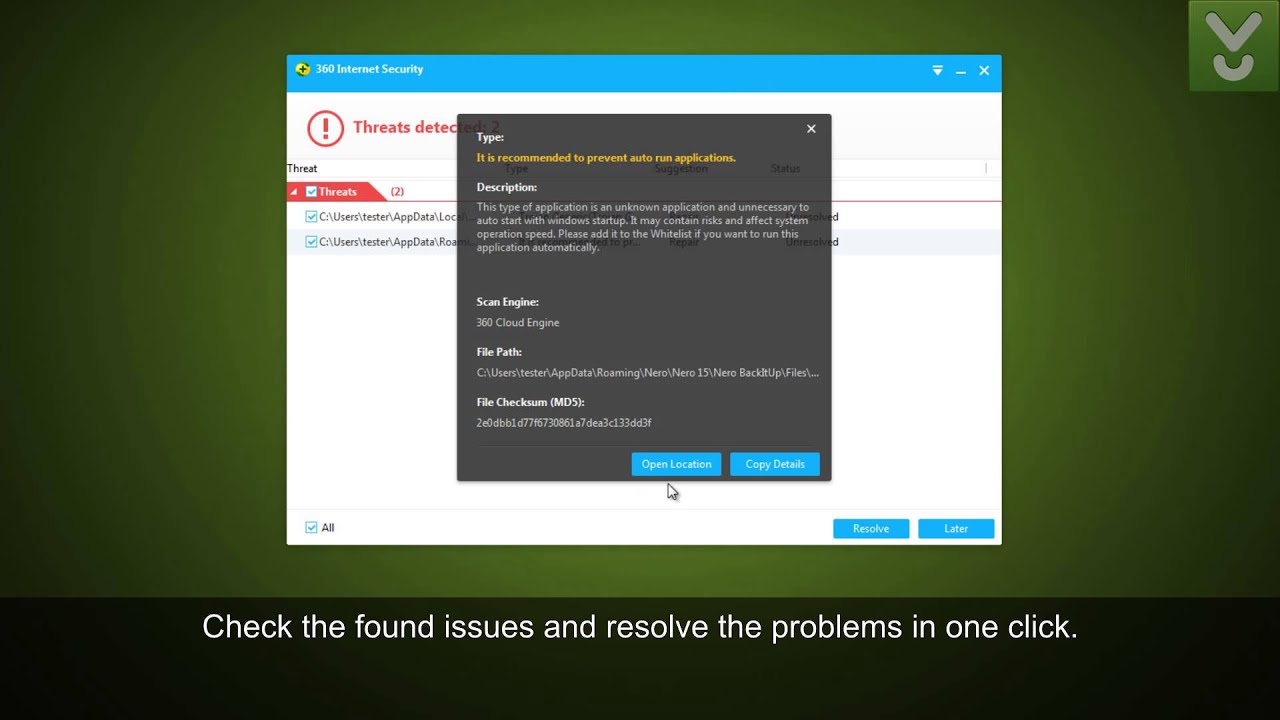Group permission misconfiguration exposes Google Kubernetes Engine clusters
GKE also supports anonymous access, and requests made to the Kubernetes API without presenting a client certificate or an authorized bearer token will automatically be executed as the “system:anonymous” user and the “system:unauthenticated” group role. However, if a token or certificate is presented, the API request will be identified as the corresponding identity with its defined roles but also with the roles assigned to the system:authenticated group. By default, this group provides access to some basic discovery URLs that don’t expose sensitive information, but admins could expand the group’s permissions without realizing the implications. “Administrators might think that binding system:authenticated to a new role, to ease their managerial burden of tens or hundreds of users, is completely safe,” the researchers said. “Although this definitely makes sense at first glance, this could actually turn out to be a nightmare scenario.”
To execute authenticated requests to a GKE cluster, all a user needs to do is use Google’s OAuth 2.0 Playground and authorize their account for the Kubernetes Engine API v1. By completing the playgroup authorization process, any user with a Google account can obtain an authorization code that can be exchanged for an access token on the same page. This access token can then be used to send requests to any GKE cluster and successfully identify as system:authenticated, which includes the system:basicuser role.
The system:basicuser allows users to list all the permissions they currently have, including those inherited from the system:authenticated group by querying the SelfSubjectRulesReview object. This provides a simple way for attackers to investigate whether a cluster’s admin has overpermissioned system:authenticated.
The Orca researchers demonstrated the impact with an example where the admin decided to associate any authenticated user with the ability to read all resources across all apiGroups in the cluster. This is “something that can be somewhat useful when there is a real governance around the users which can authenticate to the cluster, but not on GKE,” they said. “Our attacker can now, in the current…



